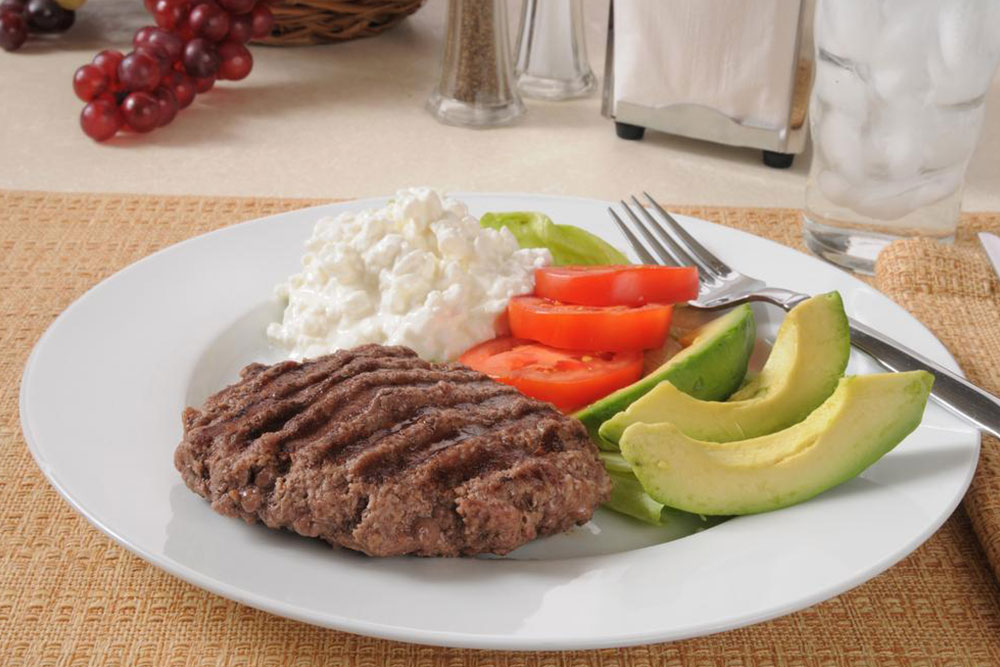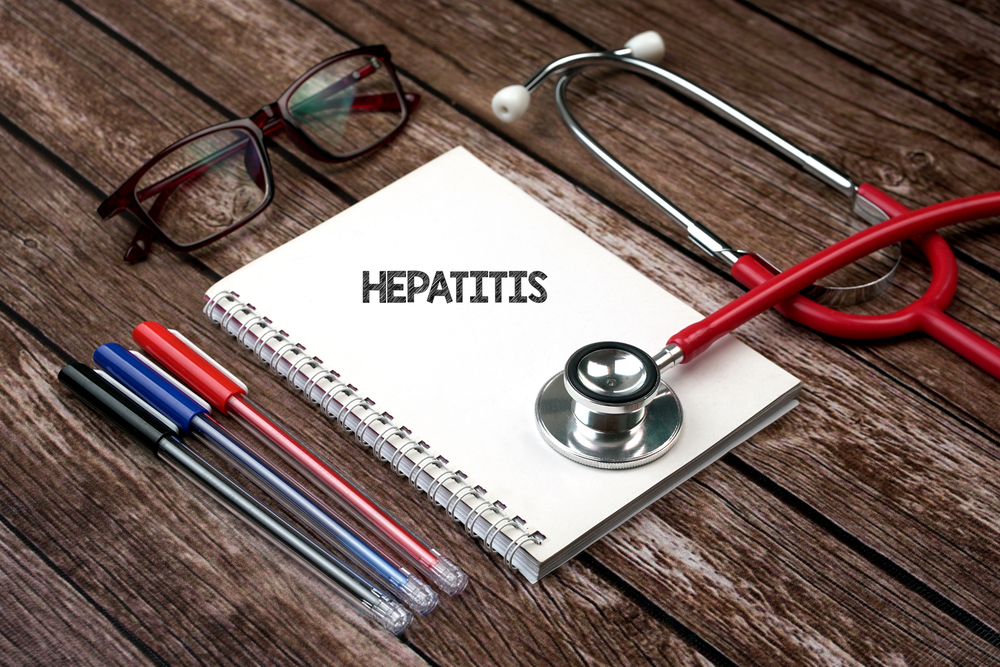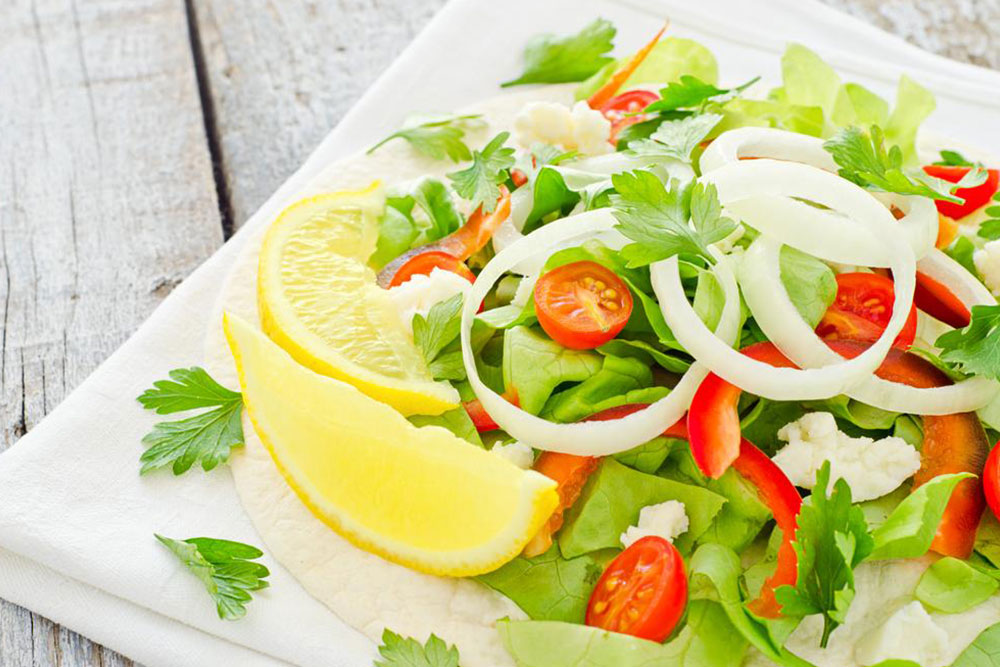Effective Dietary Strategies to Lower Bilirubin Levels and Support Liver Health
Discover comprehensive dietary strategies to effectively lower bilirubin levels and support liver health. Learn which foods to include and avoid for optimal detoxification, reduced jaundice symptoms, and enhanced overall well-being. This guide emphasizes nutrient-rich diets, antioxidants, fiber, and lifestyle tips to maintain healthy bilirubin levels and promote liver function.

Effective Dietary Strategies to Lower Bilirubin Levels and Support Liver Health
Bilirubin is a yellow compound that occurs naturally as a result of the breakdown of hemoglobin in red blood cells. It is processed mainly by the liver, and maintaining healthy bilirubin levels is crucial for overall health. Elevated bilirubin levels can be indicative of underlying health problems, especially related to the liver and gallbladder. Conditions such as cirrhosis, hepatitis, gallstones, leukemia, Gilbert syndrome, pancreatitis, and even certain types of cancer can lead to increased bilirubin in the bloodstream.
Patients experiencing high bilirubin levels often notice symptoms such as jaundice, which causes yellowing of the skin and eyes, fatigue, dark urine, and abdominal discomfort. While medical intervention is essential for diagnosing and treating the root causes, dietary modifications can play a vital role in supporting liver function and aiding in the reduction of bilirubin levels.
Implementing a healthy, nutrient-rich diet can significantly enhance liver health, promote detoxification, and help regulate bilirubin levels. This involves choosing foods that are high in antioxidants, fiber, and essential nutrients while avoiding those that can cause liver inflammation or damage, such as processed, fried, and overly salty foods, as well as alcohol.
Focusing on a balanced and nutrient-dense diet is key to maintaining healthy liver function and reducing bilirubin levels. Emphasize consuming a variety of fresh fruits and vegetables, whole grains, lean proteins, and healthy fats. These foods provide essential vitamins, minerals, and antioxidants that repair and protect liver cells. High-fiber foods such as oats, beans, and leafy greens improve digestion and assist in detoxification processes, which are vital for lowering bilirubin.
Antioxidant-rich fruits and vegetables, especially those with vibrant colors, play a prominent role in liver health. For example, tomatoes, watermelons, guavas, and berries contain lycopene, a powerful antioxidant that helps counteract oxidative stress in liver cells. Incorporating these into your diet can boost your body's ability to detoxify harmful substances.
Conversely, it's important to limit or avoid foods and substances that could exacerbate liver inflammation. These include processed snacks, sugary treats, fried foods, excessive salt, and alcohol. Limiting alcohol consumption is particularly crucial as it places additional strain on the liver, impairing its ability to process bilirubin effectively.
In addition to dietary adjustments, maintaining a healthy weight, exercising regularly, and staying hydrated support overall liver health and help maintain balanced bilirubin levels. Consulting with a healthcare provider or a registered dietitian can provide personalized guidance tailored to individual health conditions and nutritional needs.
By adopting these comprehensive dietary strategies, individuals can significantly improve their liver health, reduce bilirubin levels, and enhance their overall quality of life. Remember, lifestyle changes are most effective when integrated into a holistic approach that includes medical care, physical activity, and proper hydration.





